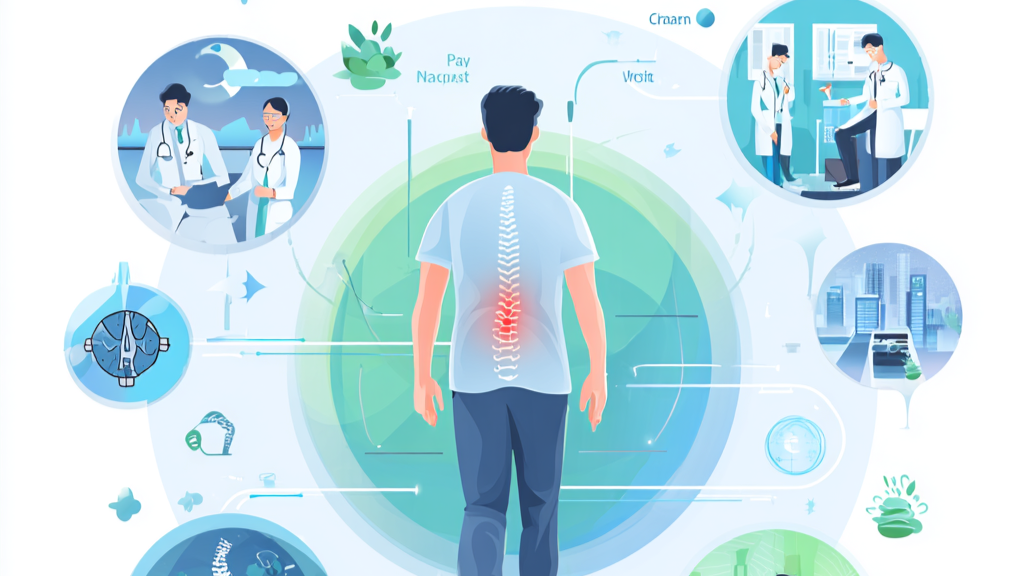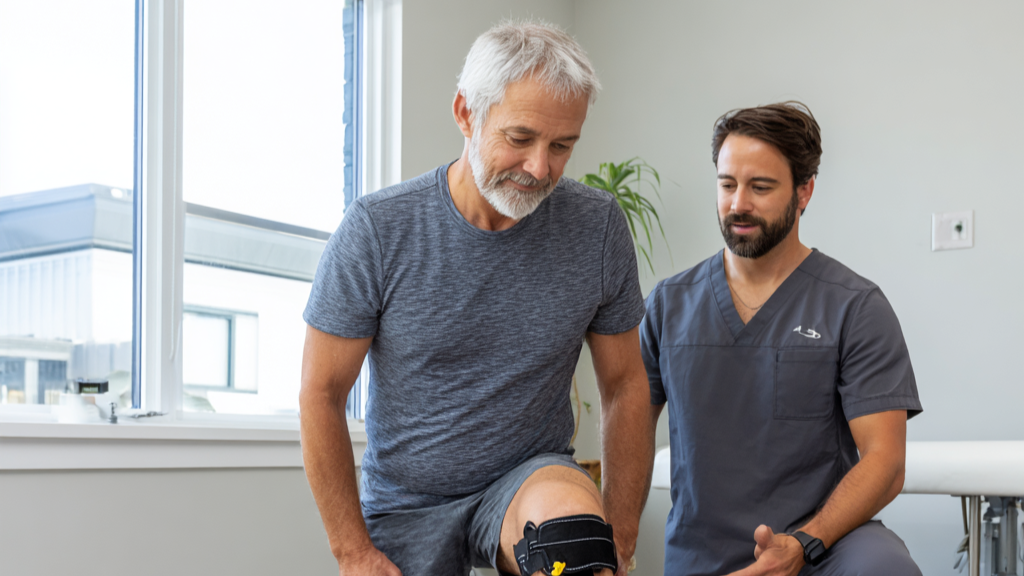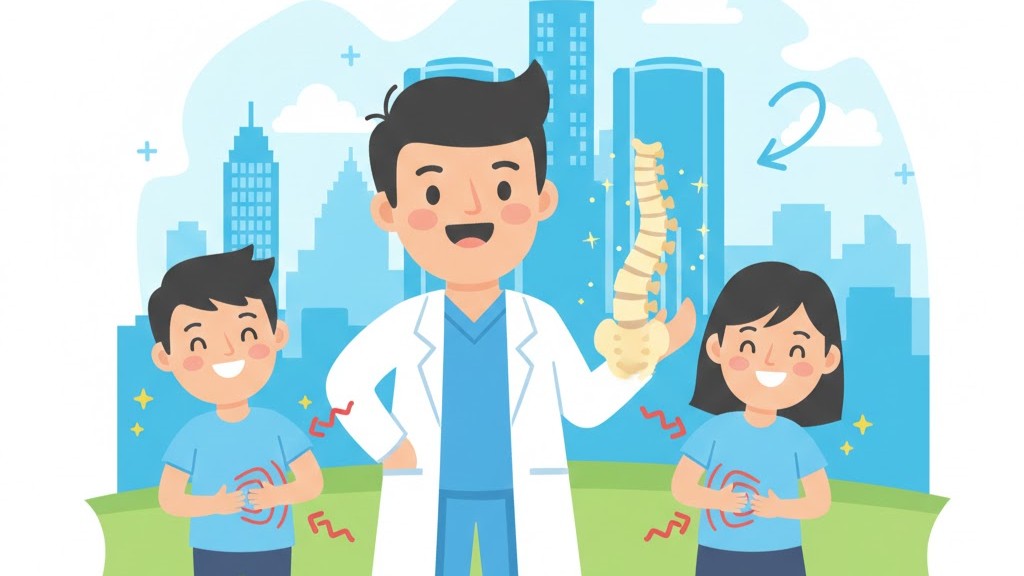
Lower Back Pain in Macomb County: When to Seek Help
Persistent lower back pain in Macomb County? Learn when to visit urgent care, your primary doctor, a chiropractor, or a physical therapist. Discover the right approach for lasting relief.
Expert health advice, wellness tips, and educational content from the Total Health Systems team

Persistent lower back pain in Macomb County? Learn when to visit urgent care, your primary doctor, a chiropractor, or a physical therapist. Discover the right approach for lasting relief.

Regain movement and function with expert physical therapy in Macomb County, MI. Personalized rehab plans for injuries, surgeries, and chronic pain. Start your recovery journey today!

Finding the best chiropractor in Metro Detroit requires more than just back cracking. Learn how to choose a chiropractor who addresses your specific pain, coordinates care, and provides a clear treatment plan.

Discover why the gluteus medius is crucial for pain-free movement and how its weakness can cause hip, knee, and chronic low back pain. Learn to identify symptoms and strengthen this vital muscle.

Support your digestive and immune health with Metagenics UltraFlora 3-in-1 Daily Probiotic gummies. A convenient and tasty way to promote a balanced gut microbiome.

Recover from injury or chronic pain with personalized physical therapy at Total Health Systems in Macomb County. Regain strength, mobility, and improve your life.